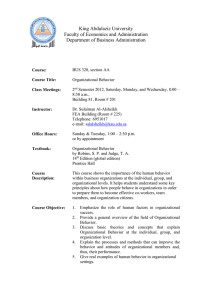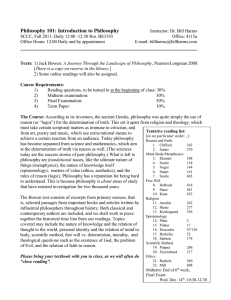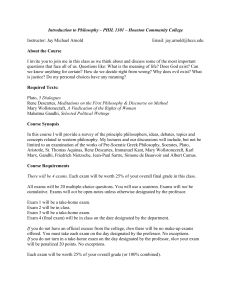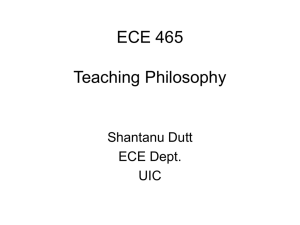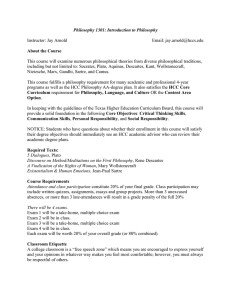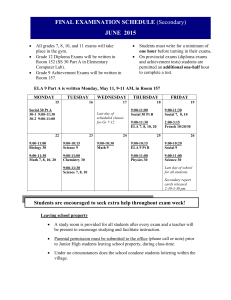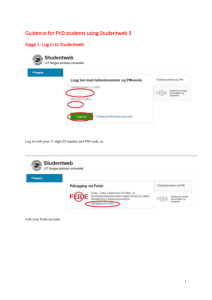Trujillo Al teaching phil for students
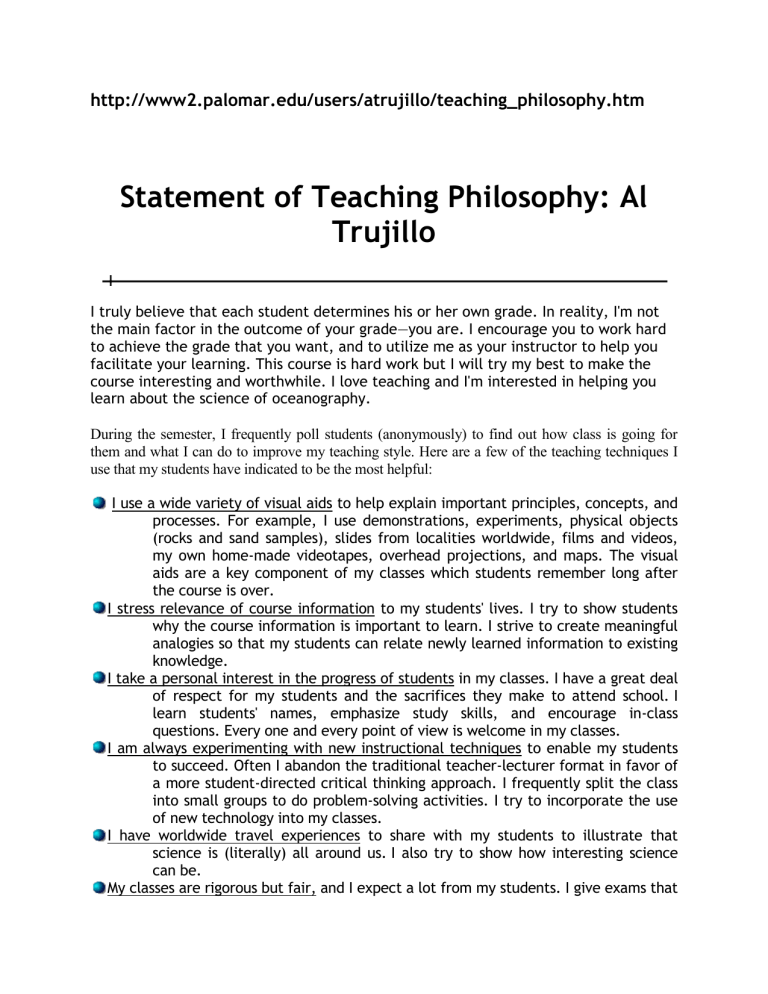
http://www2.palomar.edu/users/atrujillo/teaching_philosophy.htm
Statement of Teaching Philosophy: Al
Trujillo
I truly believe that each student determines his or her own grade. In reality, I'm not the main factor in the outcome of your grade—you are. I encourage you to work hard to achieve the grade that you want, and to utilize me as your instructor to help you facilitate your learning. This course is hard work but I will try my best to make the course interesting and worthwhile. I love teaching and I'm interested in helping you learn about the science of oceanography.
During the semester, I frequently poll students (anonymously) to find out how class is going for them and what I can do to improve my teaching style. Here are a few of the teaching techniques I use that my students have indicated to be the most helpful:
I use a wide variety of visual aids to help explain important principles, concepts, and processes. For example, I use demonstrations, experiments, physical objects
(rocks and sand samples), slides from localities worldwide, films and videos, my own home-made videotapes, overhead projections, and maps. The visual aids are a key component of my classes which students remember long after the course is over.
I stress relevance of course information to my students' lives. I try to show students why the course information is important to learn. I strive to create meaningful analogies so that my students can relate newly learned information to existing knowledge.
I take a personal interest in the progress of students in my classes. I have a great deal of respect for my students and the sacrifices they make to attend school. I learn students' names, emphasize study skills, and encourage in-class questions. Every one and every point of view is welcome in my classes.
I am always experimenting with new instructional techniques to enable my students to succeed. Often I abandon the traditional teacher-lecturer format in favor of a more student-directed critical thinking approach. I frequently split the class into small groups to do problem-solving activities. I try to incorporate the use of new technology into my classes.
I have worldwide travel experiences to share with my students to illustrate that science is (literally) all around us. I also try to show how interesting science can be.
My classes are rigorous but fair, and I expect a lot from my students. I give exams that
require not just regurgitation of facts, but the ability to apply several pieces of information to arrive at a logical conclusion. In constructing exams and class projects, my goal is to encourage students to think for themselves.
Finally, I use my sense of humor to make my classes interesting and to keep my students' attention.
